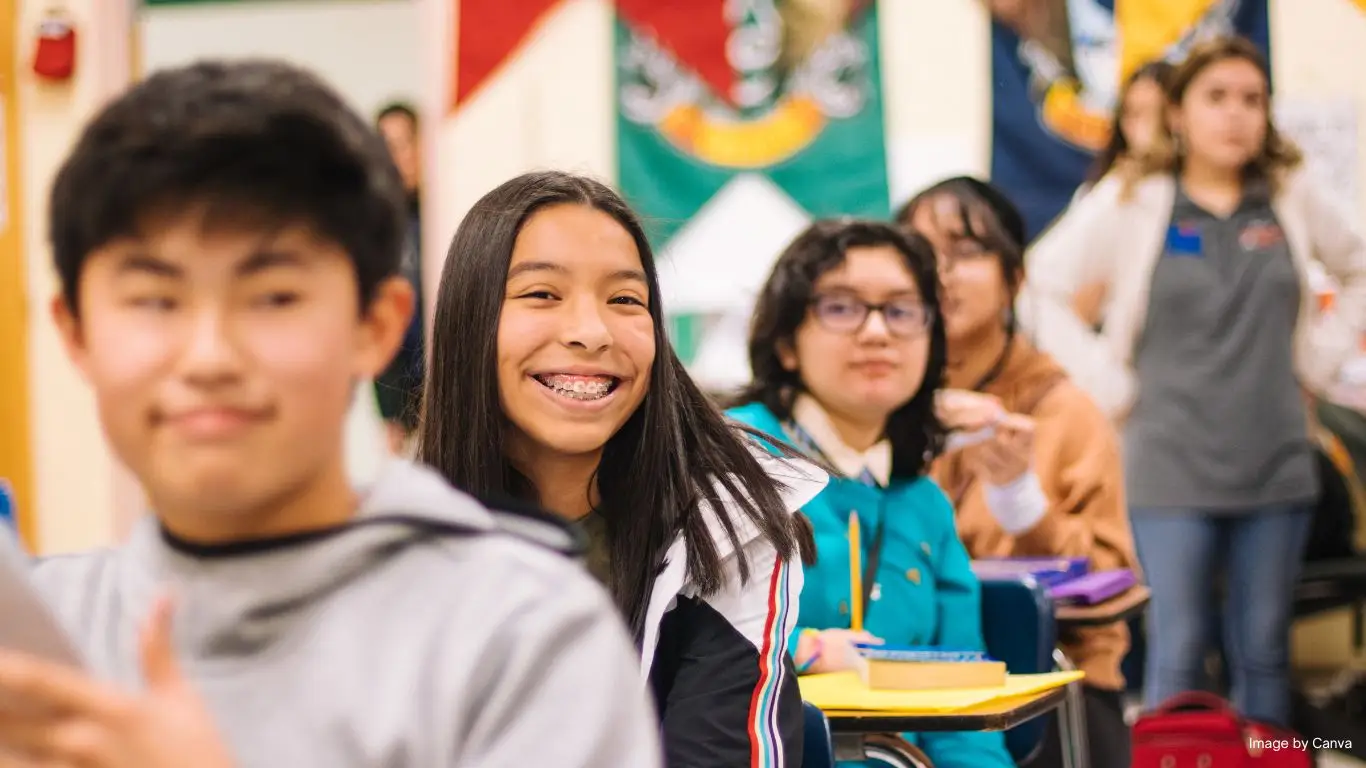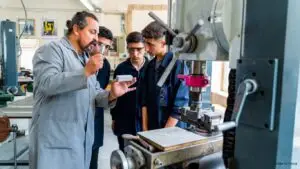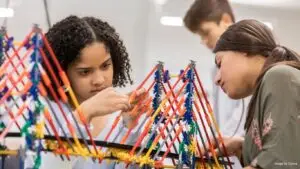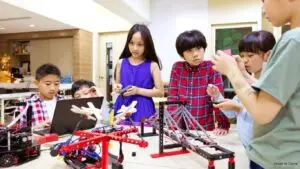In the ever-evolving landscape of education, personalized learning stands out as a beacon of empowerment for students. Gone are the days of one-size-fits-all instruction; instead, educators are embracing tailored approaches that cater to the unique needs, interests, and abilities of each learner. In this article, we’ll delve into the concept of personalized learning, exploring how it’s transforming education and empowering students in the age of individualized learning.
Personalized learning shifts the focus from teaching to learning, putting students at the center of their educational journey. Rather than adhering to a rigid curriculum, personalized learning allows students to progress at their own pace, delve deeper into areas of interest, and receive targeted support where needed. This approach recognizes that every student learns differently and honors their diverse learning styles, preferences, and backgrounds.
One of the key pillars of personalized learning is adaptive technology. With the advent of sophisticated educational software and digital platforms, educators can now harness the power of technology to tailor learning experiences to individual students. Adaptive learning algorithms analyze student performance data in real-time, identifying strengths and weaknesses and providing personalized recommendations for instruction and practice. This not only helps students master content more effectively but also cultivates a sense of ownership and autonomy over their learning.
Furthermore, personalized learning fosters a culture of collaboration and student agency. By allowing students to take an active role in their education, whether through goal-setting, self-assessment, or project-based learning, personalized learning empowers them to become self-directed learners who are motivated and engaged in their studies. This sense of ownership not only improves academic outcomes but also instills valuable skills such as critical thinking, problem-solving, and metacognition that are essential for success in the 21st-century workforce.
Moreover, personalized learning promotes equity and inclusivity in education. By recognizing and accommodating the diverse needs of students, regardless of their background or ability level, personalized learning helps level the playing field and ensures that all students have access to high-quality education. This is particularly crucial in addressing achievement gaps and promoting educational equity, as personalized learning allows educators to provide targeted interventions and support to those who need it most.
In conclusion, personalized learning represents a paradigm shift in education, empowering students to take control of their learning and reach their full potential. By embracing individualized approaches that honor the unique needs and abilities of each learner, educators can foster a culture of empowerment, collaboration, and inclusivity in the classroom. As we continue to navigate the complexities of education in the 21st century, personalized learning offers a promising path forward—one where every student has the opportunity to thrive.








